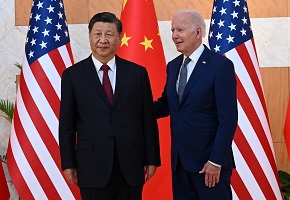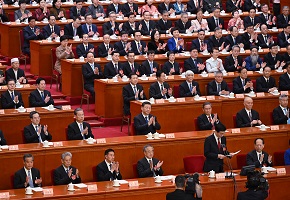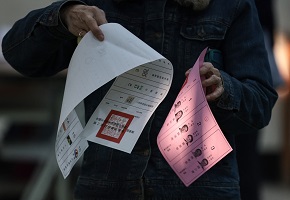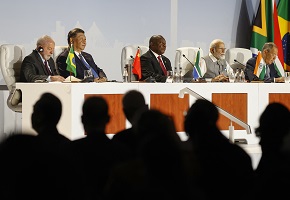Owen Au 3 December 2024
Hong Kong, once a vibrant city celebrated as an international financial hub, is now witnessing a significant new wave of mass exodus. While official data on the scale of this migration is unavailable, estimates suggest that between 200,000 and 500,000 people have left the city over the past few years. Hong Kong has long been familiar with migration; cross-border employment and split families are nothing new to Hongkongers. However, the mass migration taking place is still something worth a glance at – not only because of the factors driving it but also because, for the first time, it has created a Hong Kong diaspora.











